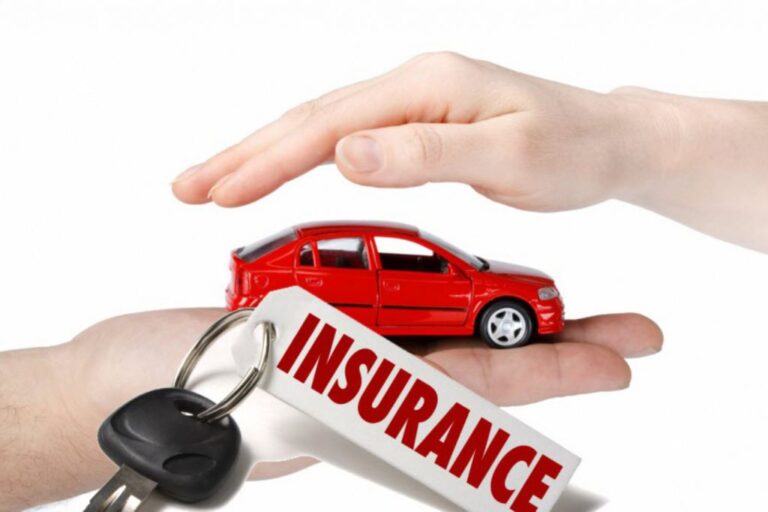Why Do I Need SR-22 Insurance after a DUI?

The Impact of DUI on Insurance Rates
When facing charges of driving under the influence (DUI) in Colorado, obtaining an SR-22 is a crucial step toward reinstating your driving privileges. The SR-22 is not an insurance policy but a certificate confirming that you maintain auto insurance following a license revocation. While obtaining an SR-22 is relatively low, knowing the potential ramifications on your insurance rates is essential.
Upon requesting an SR-22, your insurance provider will investigate your driving history, uncovering the DUI charge. Unfortunately, this revelation will likely result in an adjustment to your insurance rates, reflecting the perceived risk of covering a driver with a DUI conviction. The rate increase is a common consequence of DUI charges, and individuals must anticipate and plan for these changes in their budget.
The Duration of SR-22 Requirement
One of the critical aspects to understand about SR-22 is the duration of its requirement. Typically, individuals are mandated to maintain the SR-22 for up to three years. During this period, any lapse or cancellation of your insurance policy will prompt your insurance company informing the Department of Motor Vehicles (DMV). Subsequently, the DMV may revoke or suspend your license again, prolonging the inconvenience and restricting driving privileges.
The three-year duration emphasizes the need for consistent adherence to insurance obligations. Failure to comply with these requirements jeopardizes your driving privileges and may result in more severe consequences. Therefore, it’s imperative to remain vigilant and proactive in maintaining continuous coverage for the stipulated time frame.
SR-22 for Non-Vehicle Owners
In some cases, individuals charged with DUI may not own a vehicle. Despite not having personal vehicular ownership, the obligation to maintain an SR-22 remains if the goal is to reinstate a driver’s license. Exploring non-owner’s car insurance policies is a prudent strategy for those in this situation.
Non-owner’s car insurance policies are tailored for individuals who do not own a vehicle but may occasionally drive someone else’s car. By obtaining such a policy, you comply with the SR-22 requirement and ensure that you have the necessary proof of insurance to drive another person’s vehicle. This strategic approach is particularly beneficial for those who rely on friends or family members’ cars for transportation.
Exploring non-owner Car Insurance
Shopping around for non-owner’s car insurance policies is crucial for those without personal vehicle ownership. These policies typically provide liability coverage, providing coverage in case of an accident when operating another person’s vehicle. Additionally, they fulfill the SR-22 requirement, allowing individuals without personal vehicles to satisfy the necessary insurance obligations for license reinstatement.
When seeking non-owner’s car insurance, comparing quotes from various insurance providers is advisable. Different companies may offer varying coverage options and rates, allowing you to find a policy that best suits your needs and budget. Additionally, maintaining a good driving record during the SR-22 period can contribute to future reductions in insurance rates, providing an incentive for responsible driving behavior.
Navigating the aftermath of a DUI charge in Colorado involves understanding the intricacies of the SR-22 requirement and its impact on insurance rates. Whether you own a vehicle or not, obtaining and maintaining an SR-22 is essential to reinstate your driving privileges. By exploring non-owner car insurance options and remaining vigilant in adhering to insurance obligations, individuals can navigate this challenging period and work towards regaining unrestricted access to the road.
Do you have further questions or concerns? Call us or contact the attorneys at Thomas & Ahnell, LLC, and we will be happy to help.

